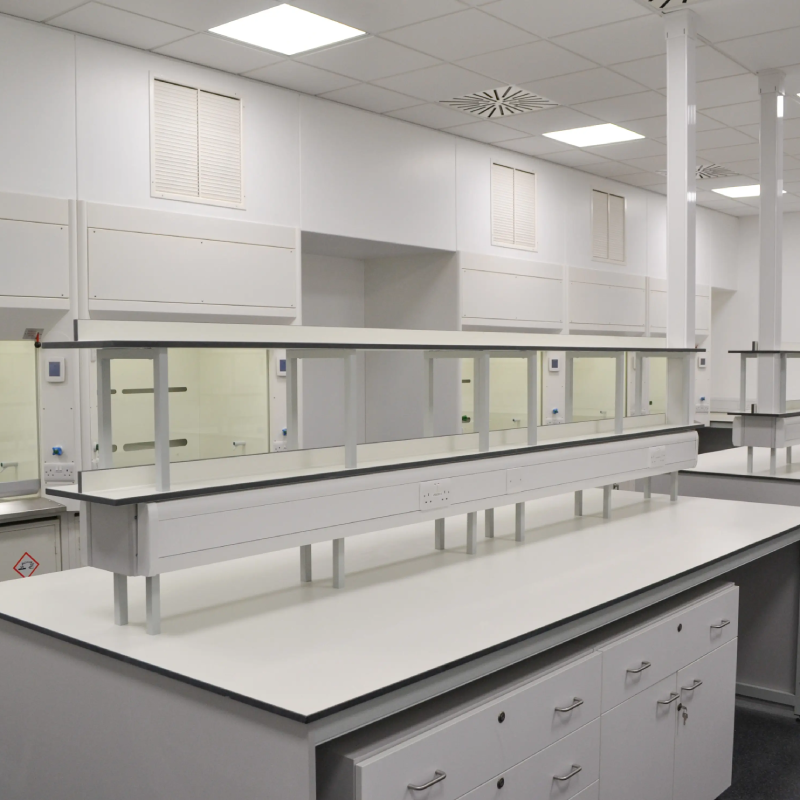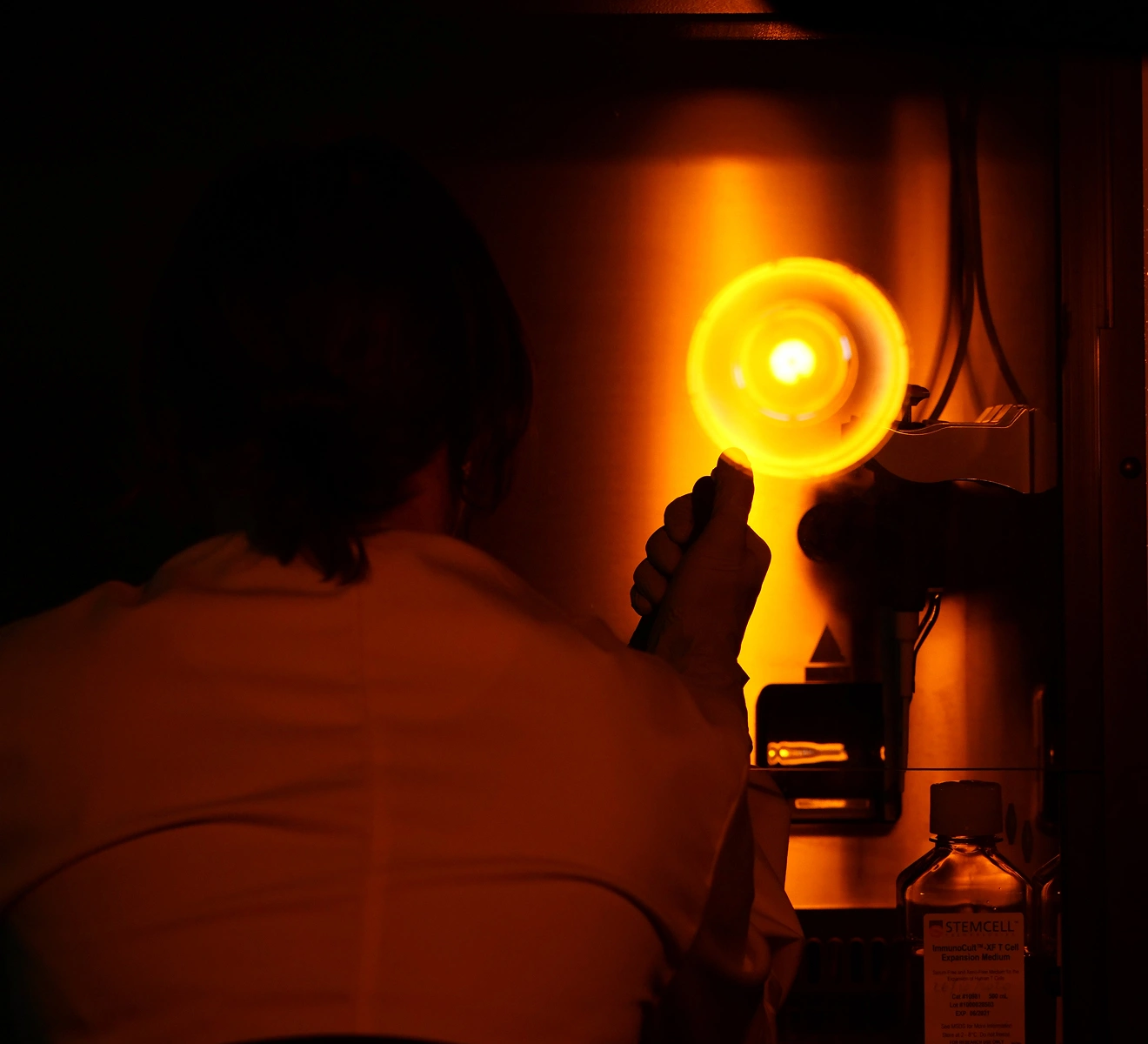Don’t invest unless you’re prepared to lose all the money you invest. This is a high‑risk investment and you are unlikely to be protected if something goes wrong. Take 2 mins to learn more.

Don’t invest unless you’re prepared to lose all the money you invest. This is a high‑risk investment and you are unlikely to be protected if something goes wrong. Take 2 mins to learn more.

Don’t invest unless you’re prepared to lose all the money you invest. This is a high‑risk investment and you are unlikely to be protected if something goes wrong. Take 2 mins to learn more.

Don’t invest unless you’re prepared to lose all the money you invest. This is a high‑risk investment and you are unlikely to be protected if something goes wrong. Take 2 mins to learn more.





























































.webp)